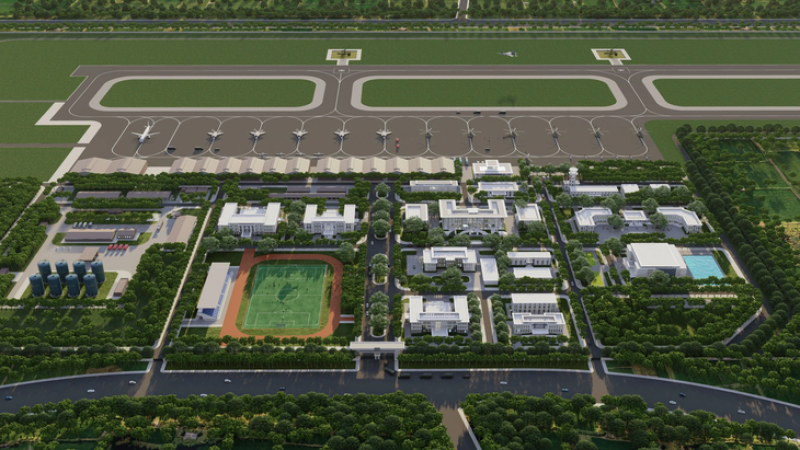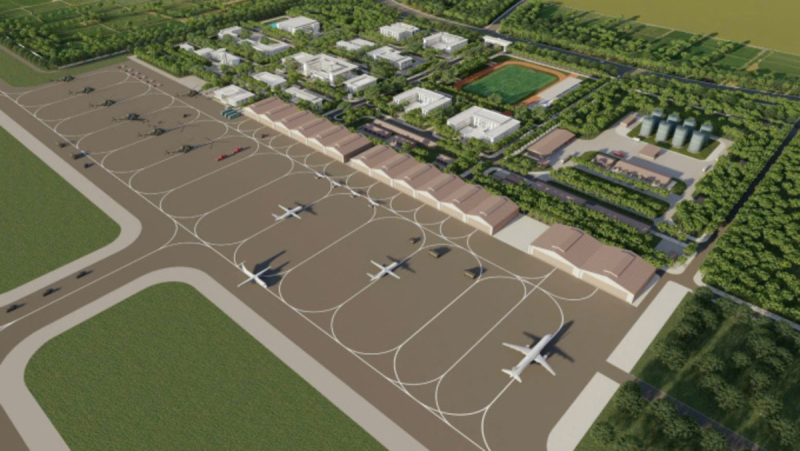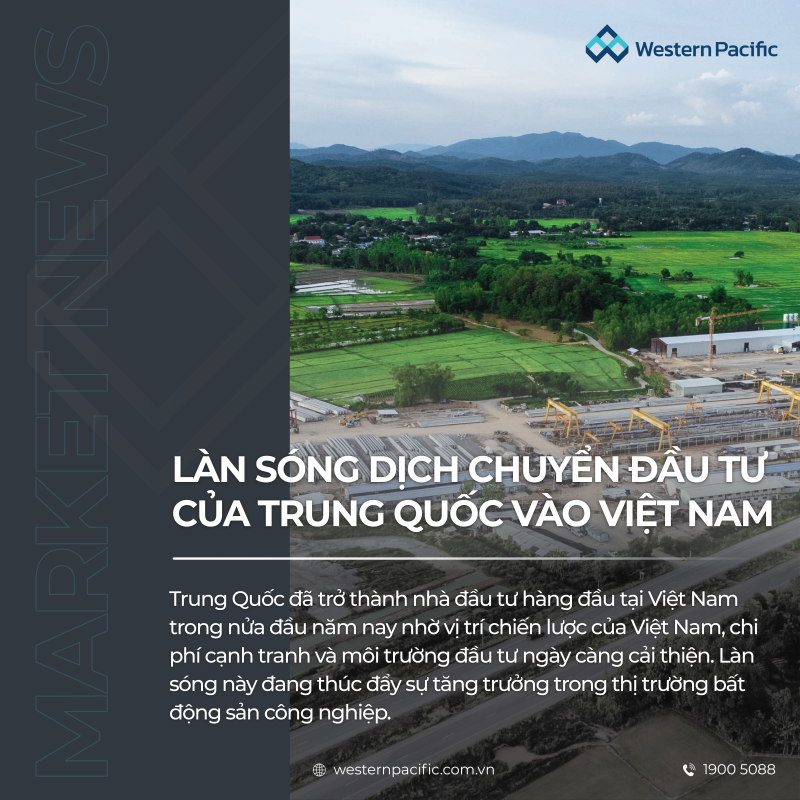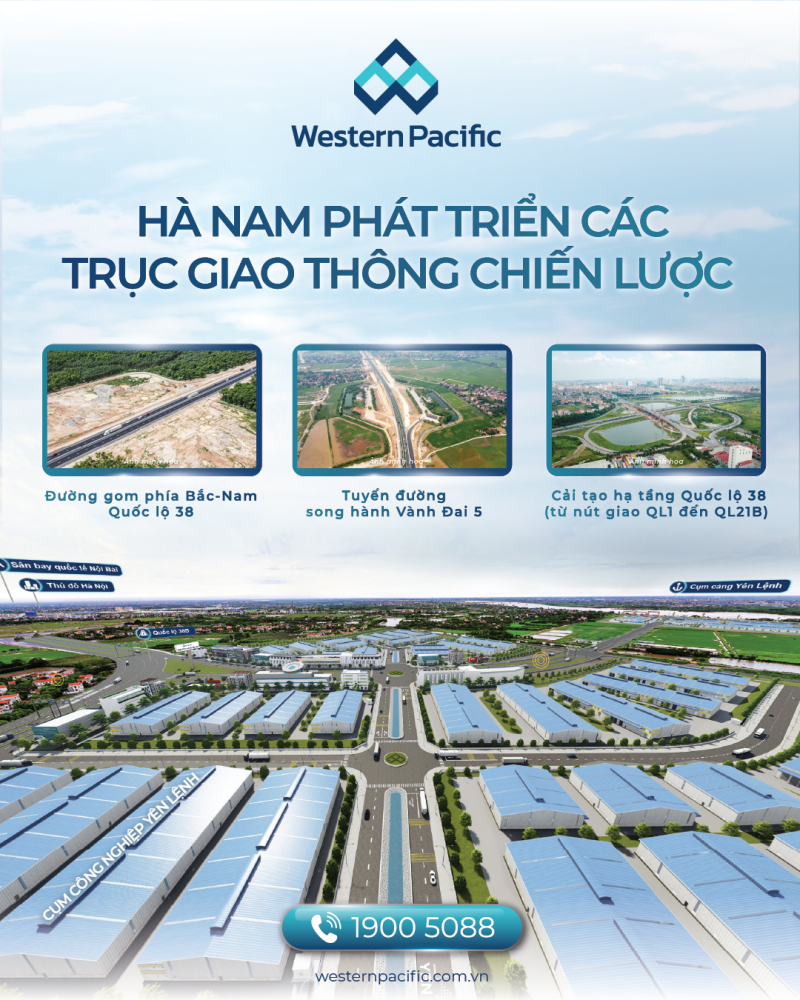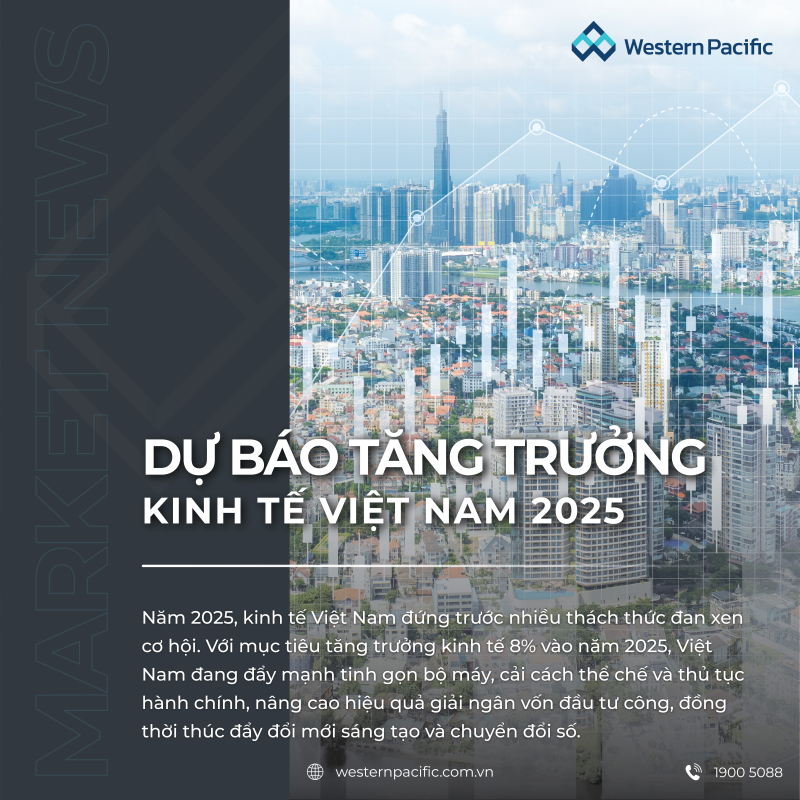 Ms. Pham Thi Bich Hue, Chairwoman of Western Pacific Group
Ms. Pham Thi Bich Hue, Chairwoman of Western Pacific Group
Ho Chi Minh City (HCMC) possesses many favorable conditions to develop logistics into a leading economic sector, but it seems that the city is missing this opportunity. How do you comment on this?
Indeed, HCMC has many advantages to become a major logistics center in the South, as major transportation hubs such as airports, train stations, and seaports are all located in the city. Moreover, the city has all modes of transportation including road, rail, water, and air, which is very convenient for the circulation of goods and the development of logistics services.
However, on the whole, for a long time, the city has not been able to take advantage of this. Currently, issues related to infrastructure, human resources, and logistics services have not met the development requirements of the city in particular, and the key economic region of the South in general.
Many opinions suggest that the logistics industry in HCMC is facing many bottlenecks. In your opinion, what are these bottlenecks?
The biggest and most "painful" bottleneck for the development of logistics in HCMC is still transportation infrastructure. Although the city has invested in infrastructure in recent years, it has been very slow and not kept pace with development needs. The construction of Ring Road 2, Ring Road 3, and the access roads to Cat Lai port has been slow, leading to prolonged traffic jams and increased logistics costs for businesses. To date, Cat Lai Port and Tan Son Nhat International Airport often face overload, significantly affecting logistics activities...
Logistics centers and Inland Container Depots (ICDs), distribution centers are very scattered. The city had planned 8 large-scale logistics centers, but so far, none have been built. This shows that the infrastructure serving logistics in general in the city still has many bottlenecks that have not been resolved.
Not to mention the human resources serving the logistics industry are very lacking and weak. University graduates have not met the needs of businesses.
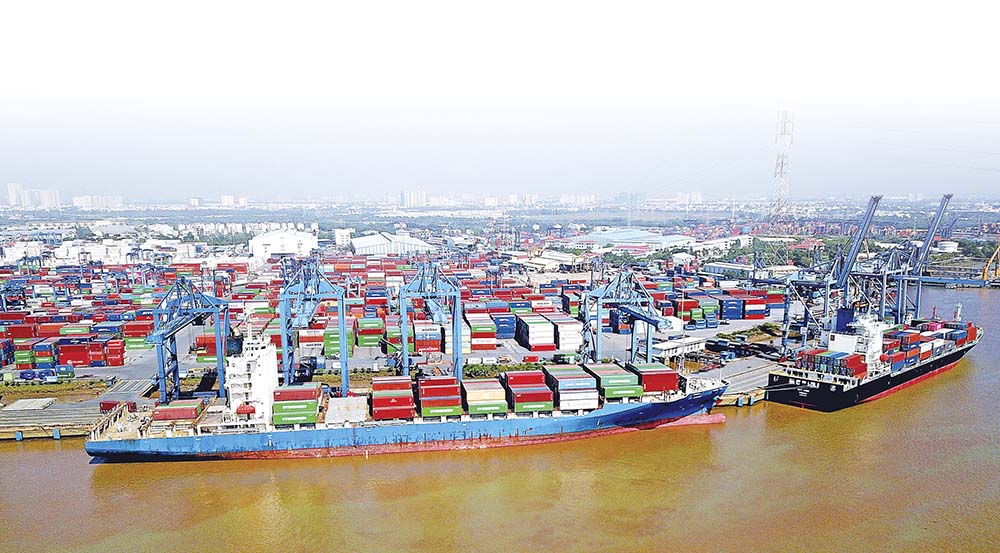
To quickly establish logistics centers, HCMC should have a more open mechanism to invite private enterprises to invest
Do you need support?
Western Pacific Group's team of experts is always ready to support and provide customers with optimal solutions! Contact us











